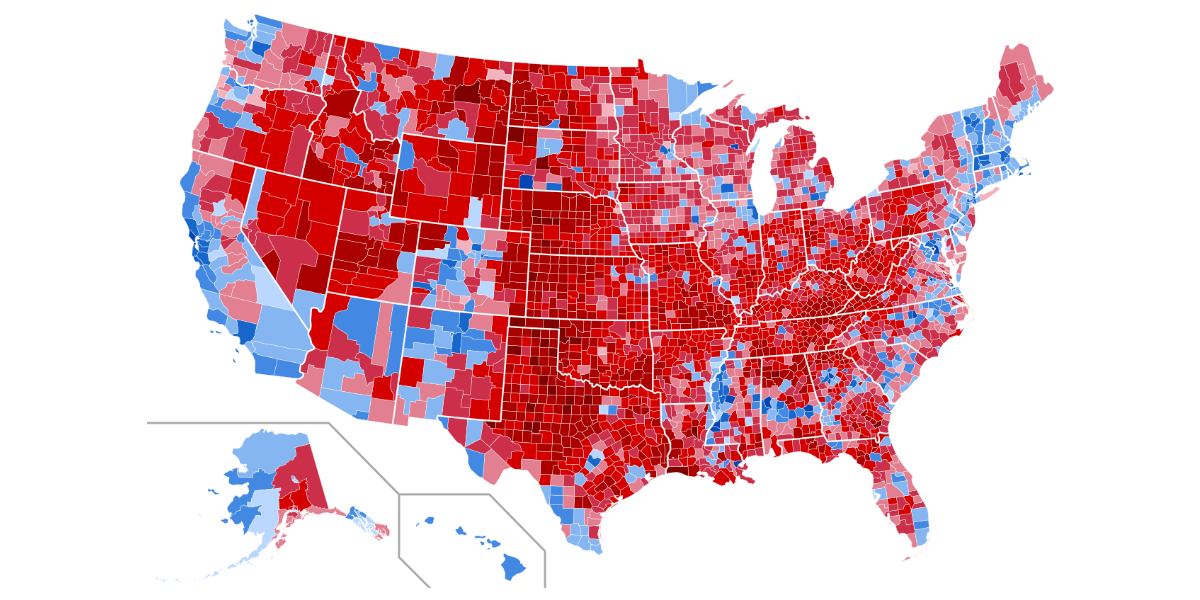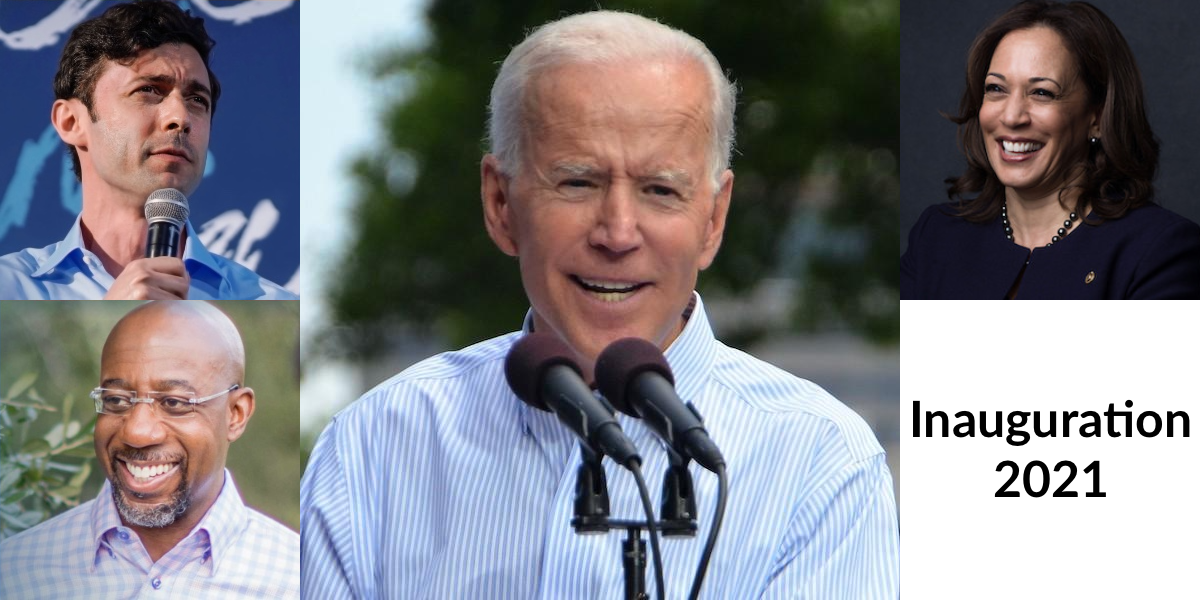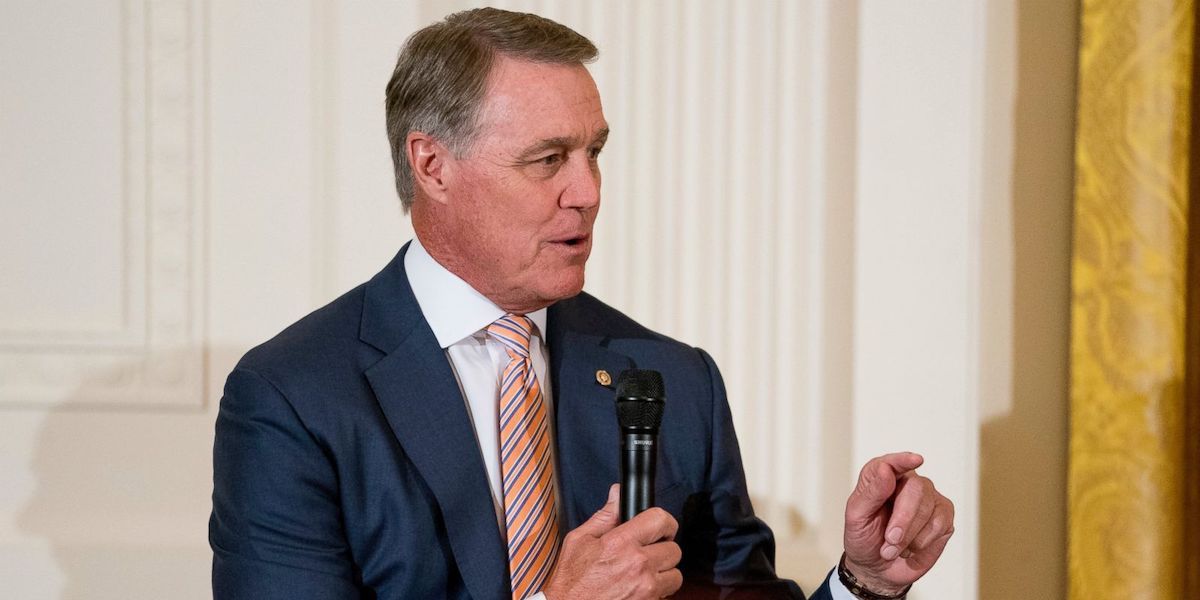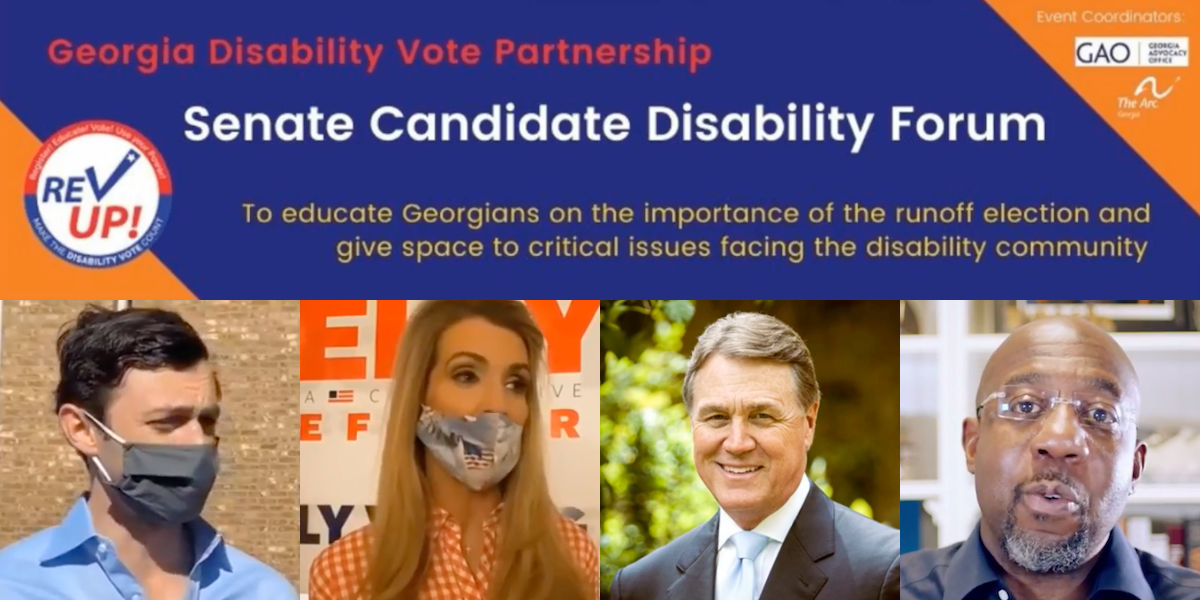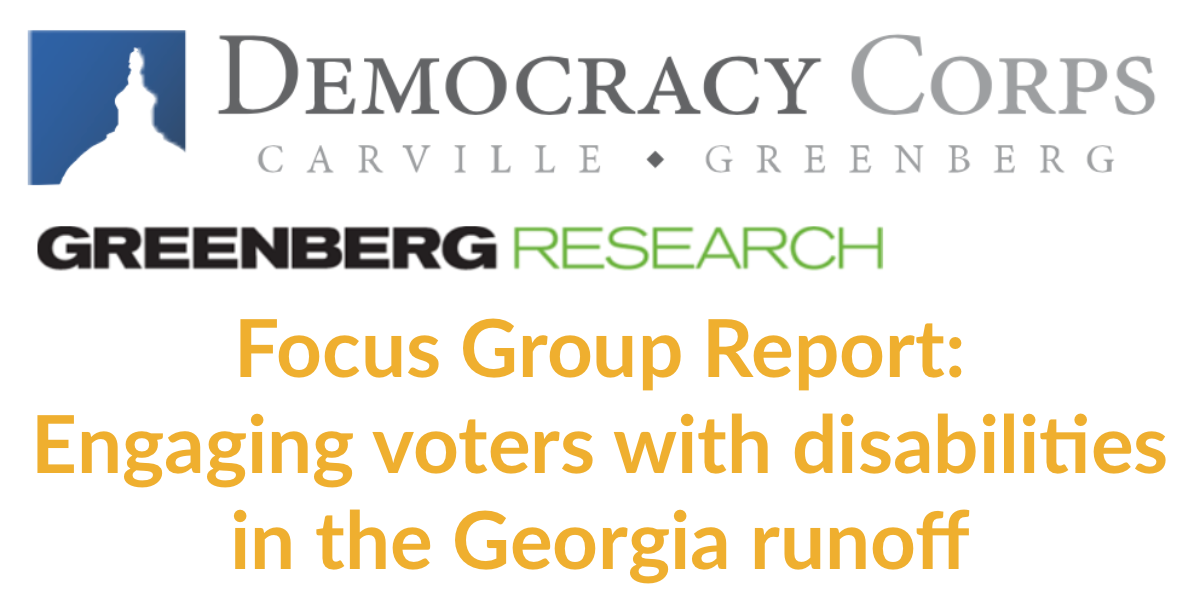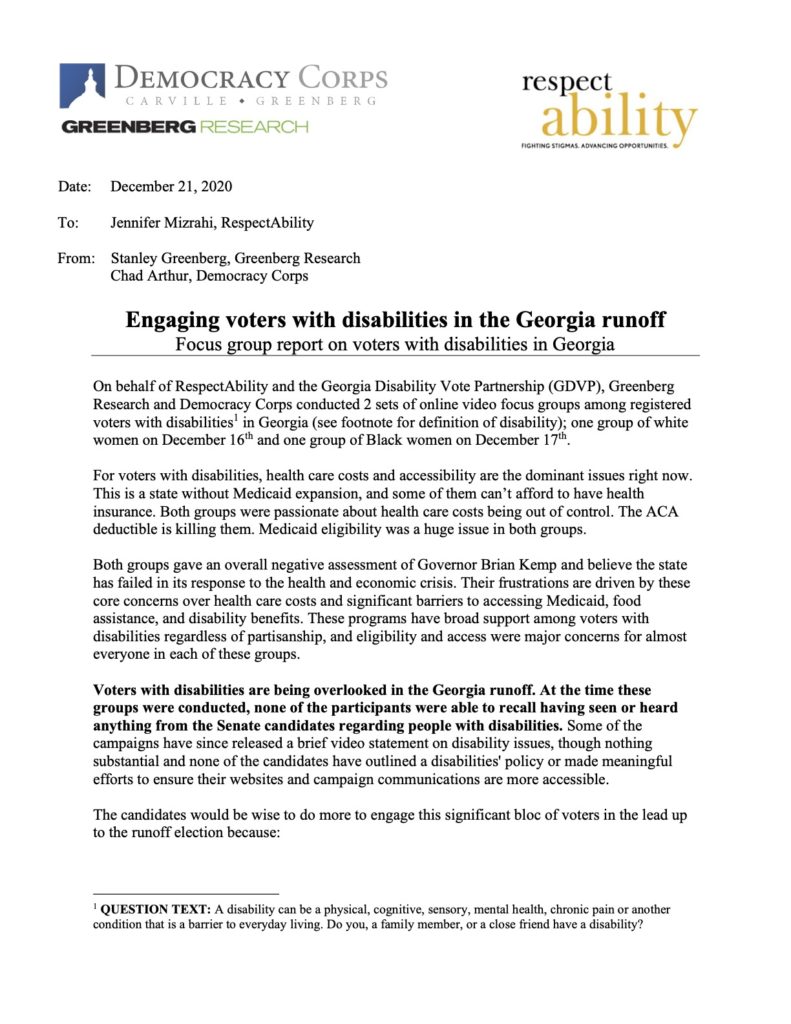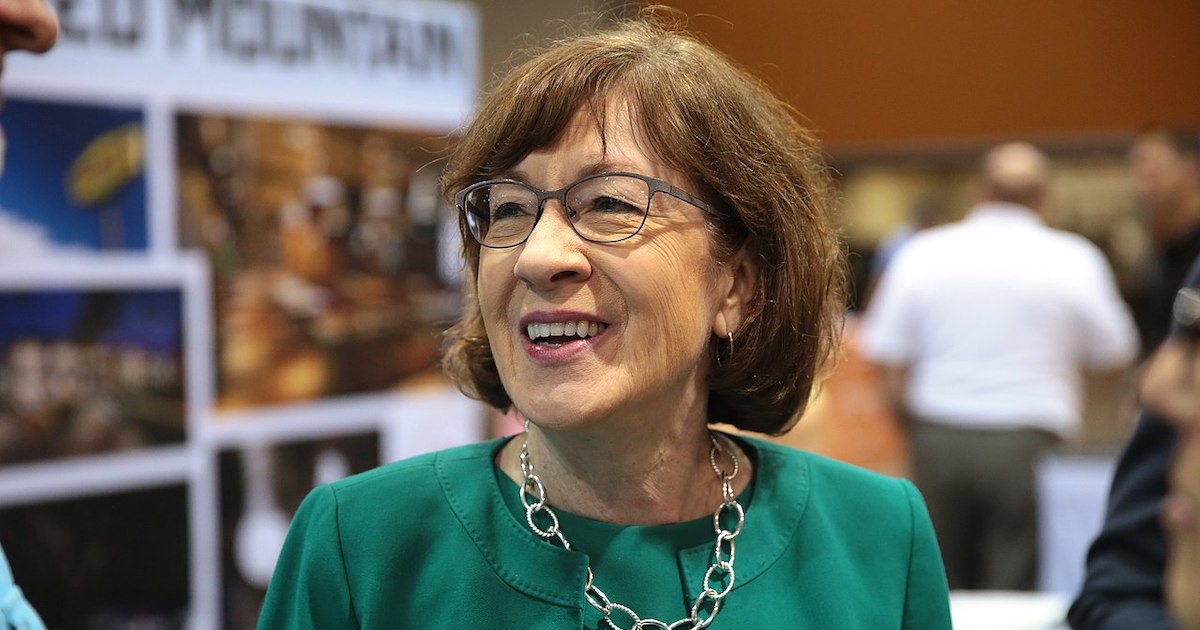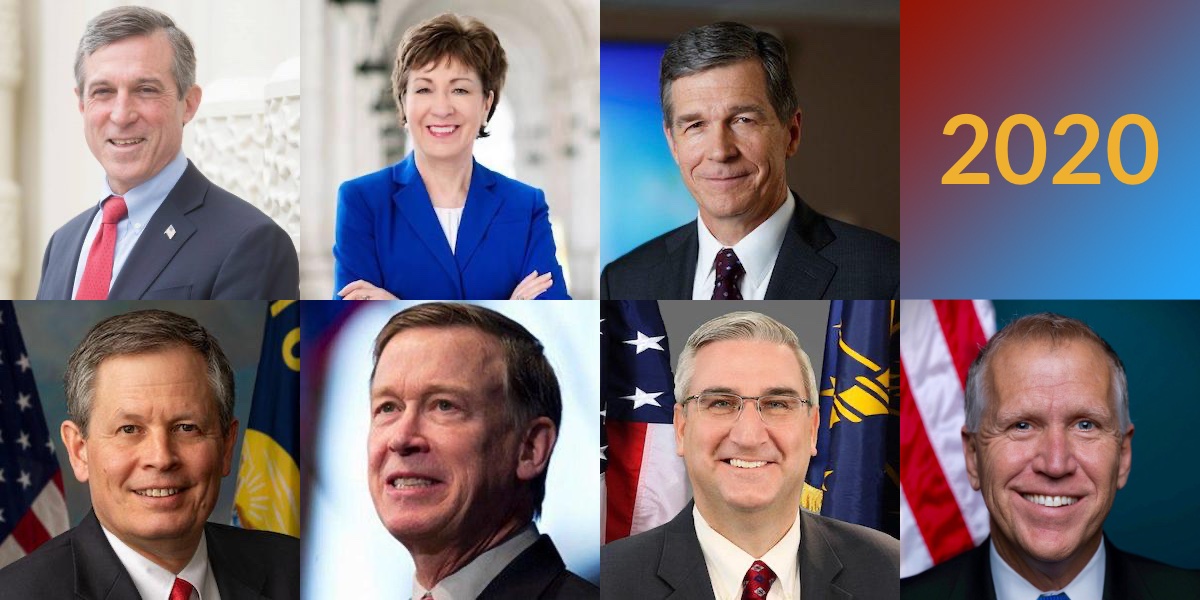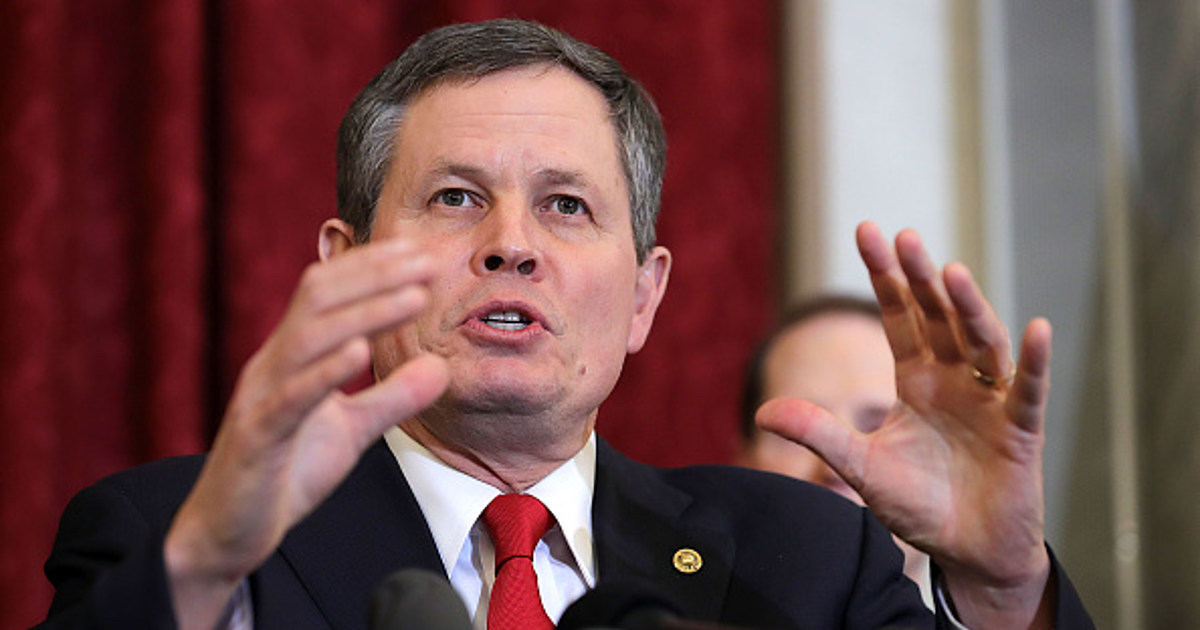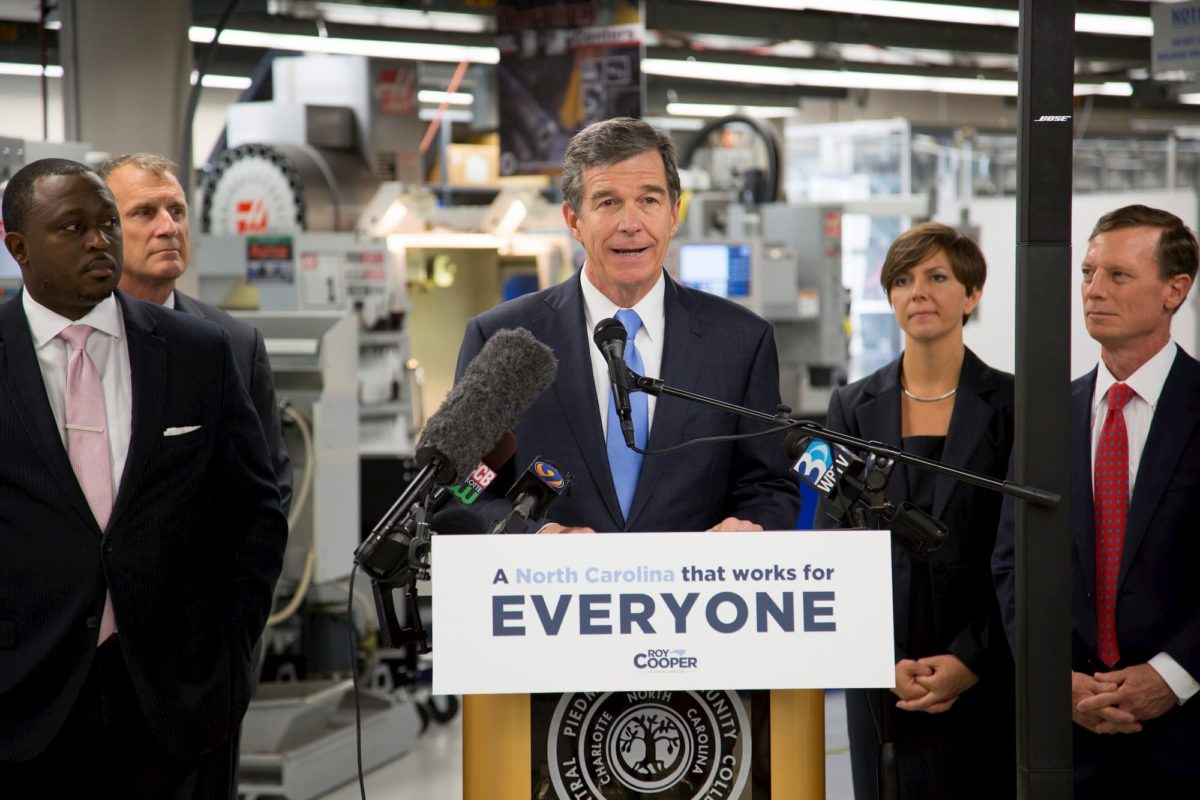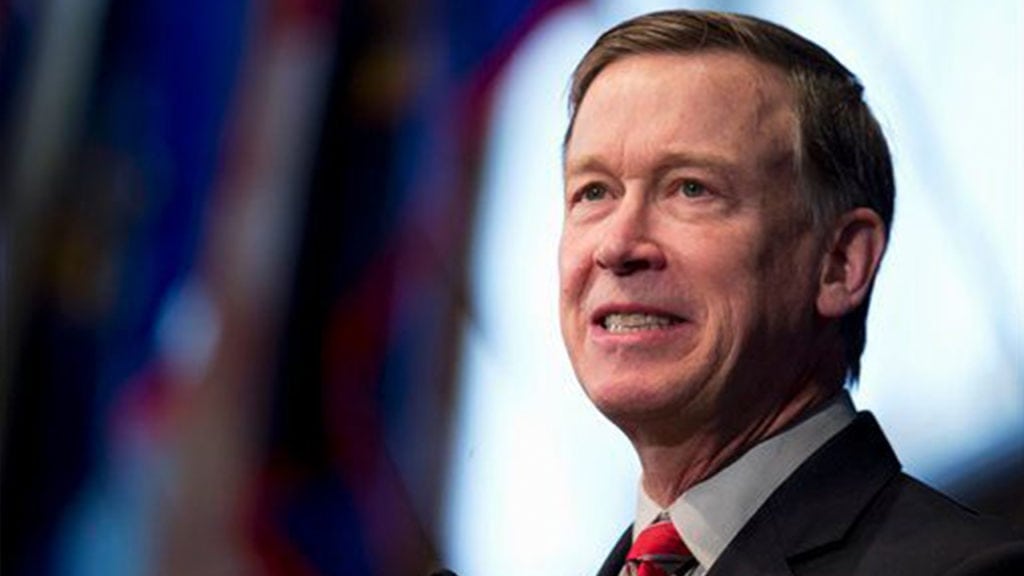Washington, D.C., March 17 – After an unprecedented election season, Rutgers University’s Program for Disability Research and the Election Assistance Commission (EAC) recently released a study of the voting accessibility of the 2020 elections. This study highlighted the differences between the voting experience of individuals living with and without disabilities. The report found that even in the unprecedented circumstances of the 2020 election, voters with disabilities were better accommodated than in the 2012 election. The study’s findings also shine a light on how much our nation still needs to grow to make sure that individuals living with disabilities can equitably cast their ballots.
Nonpartisan Political Commentary on U.S. Elections with a Focus on Disability Issues
